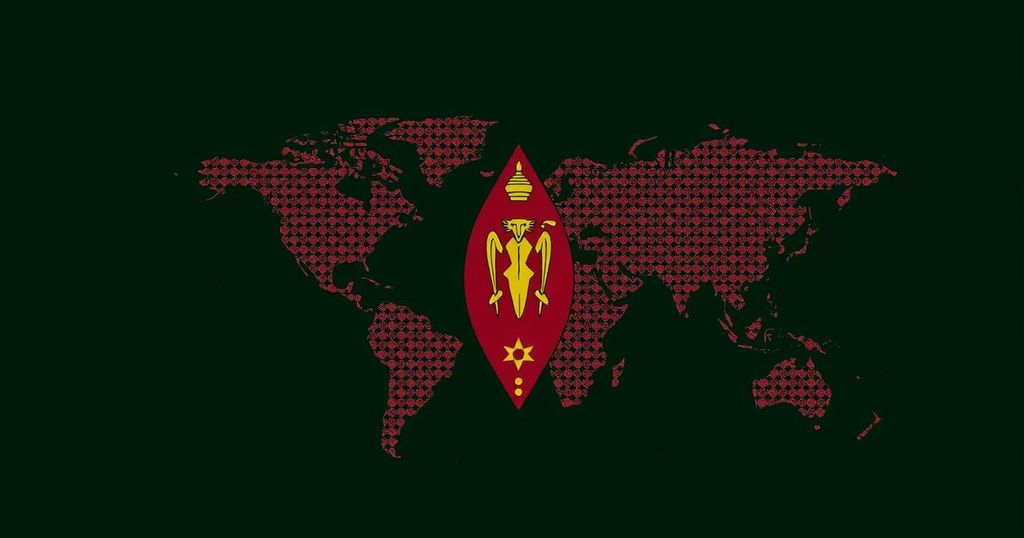Kenya has faced scrutiny for deporting four Turkish nationals under UN protection, invoking concerns regarding its commitment to international refugee laws. While the government cites treason charges as the basis for deportation, human rights organizations argue that the individuals were legally recognized refugees. Historical precedents of forced returns complicate the situation, prompting discussions about Kenya’s obligations towards asylum seekers in the context of international law.
Kenya’s role as a refuge for those seeking asylum has been called into question following the contentious deportation of four Turkish nationals who were under the protection of the United Nations. The incident has ignited discussions surrounding Kenya’s adherence to its international obligations concerning refugee protection. According to Principal Secretary for Foreign Affairs, Korir Sing’oei, the deportations were executed because the individuals were facing treason charges in Turkey. However, the situation has become increasingly intricate as it has emerged that several countries previously denied Turkish authorities’ extradition requests for the individuals, namely Mustafa Genc, Huseyin Yesila, Ozturk Uzun, and Alpaslan Tasci. These four men were reportedly abducted in Kenya alongside British citizen Necdet Seyitoglu, who was subsequently released after verifying his citizenship. Human rights organizations have voiced their disapproval of the deportations, underscoring that these men were legally recognized as refugees under international law. Sing’oei confirmed that the Turkish nationals were flown to Turkey on October 19 at the request of Ankara, which prompted Amnesty International to express serious concerns regarding the circumstances of their abduction and subsequent deportation. Furthermore, this incident follows a backdrop of burgeoning security cooperation between Kenya and Turkey, encompassing provisions for training programs and equipment for Kenyan security forces. It is noteworthy that all seven individuals initially detained were linked to organizations associated with Fethullah Gulen, an Islamic preacher who was once a political ally of Turkish President Recep Tayyip Erdogan. Gulen has been accused by Erdogan of orchestrating the failed coup attempt of 2016 that resulted in significant loss of life and injuries. Since the coup attempt, the Turkish government has relentlessly targeted those perceived to be affiliated with Gulen, issuing over 2,500 life sentences and dismissing more than 100,000 individuals under allegations related to Gulen’s network. This is not the first instance of Kenya’s involvement in forced deportations; in 1990, the government threatened to deport numerous Ugandan and Rwandan refugees, despite UNHCR’s appeals against such actions.
The issue of refugee protection has a significant historical context, particularly concerning the actions of governments in response to international law. Following crises in various regions, the UN Convention on the Status of Refugees sets forth principles intended to protect individuals fleeing persecution. The current case involving the deportation of Turkish nationals from Kenya raises pertinent questions about the global accountability of nations in adhering to these principles. Historical cases, such as Kenya’s previous threats to deport refugees in the 1990s, further illustrate the ongoing challenges faced by asylum seekers and the responsibilities of host nations.
In summary, the deportation of Turkish nationals from Kenya has sparked considerable debate regarding the country’s commitment to international refugee protection laws. The complexities surrounding legal versus political obligations in this matter highlight the precarious position of individuals seeking asylum. As Kenya navigates its diplomatic relations with Turkey, the consequences of its actions may pose significant implications for its reputation as a refuge for those fleeing persecution. This incident may call for a reevaluation of Kenya’s policies towards asylum seekers and its adherence to international law.
Original Source: www.mwakilishi.com






